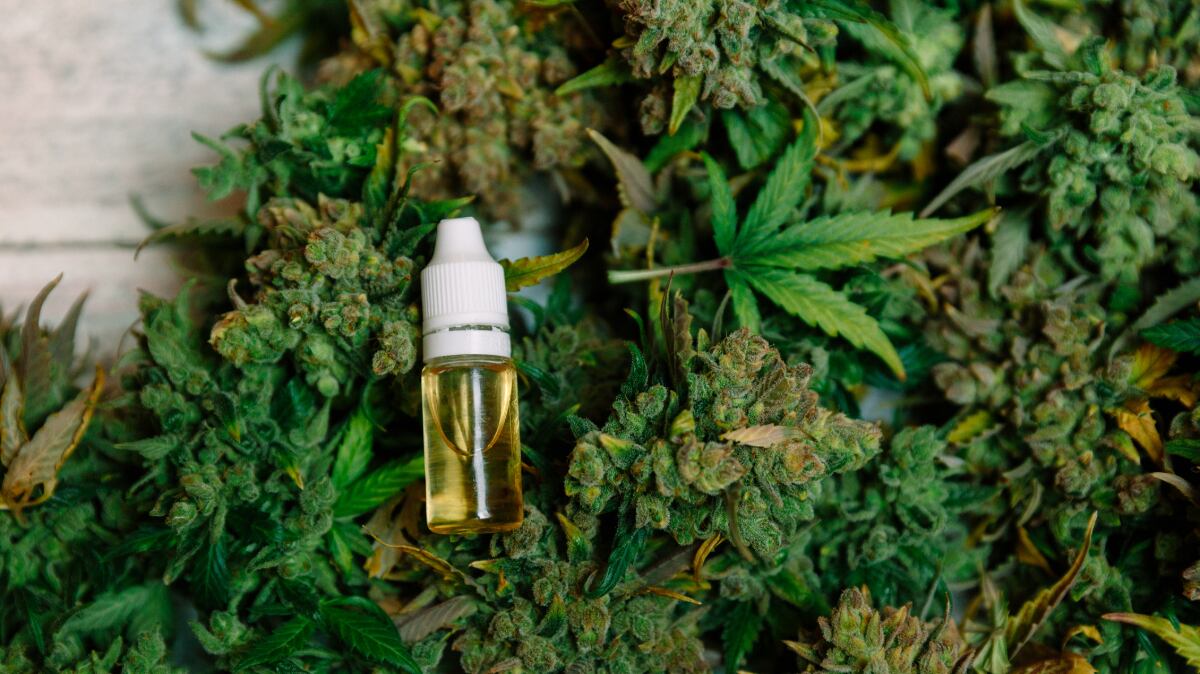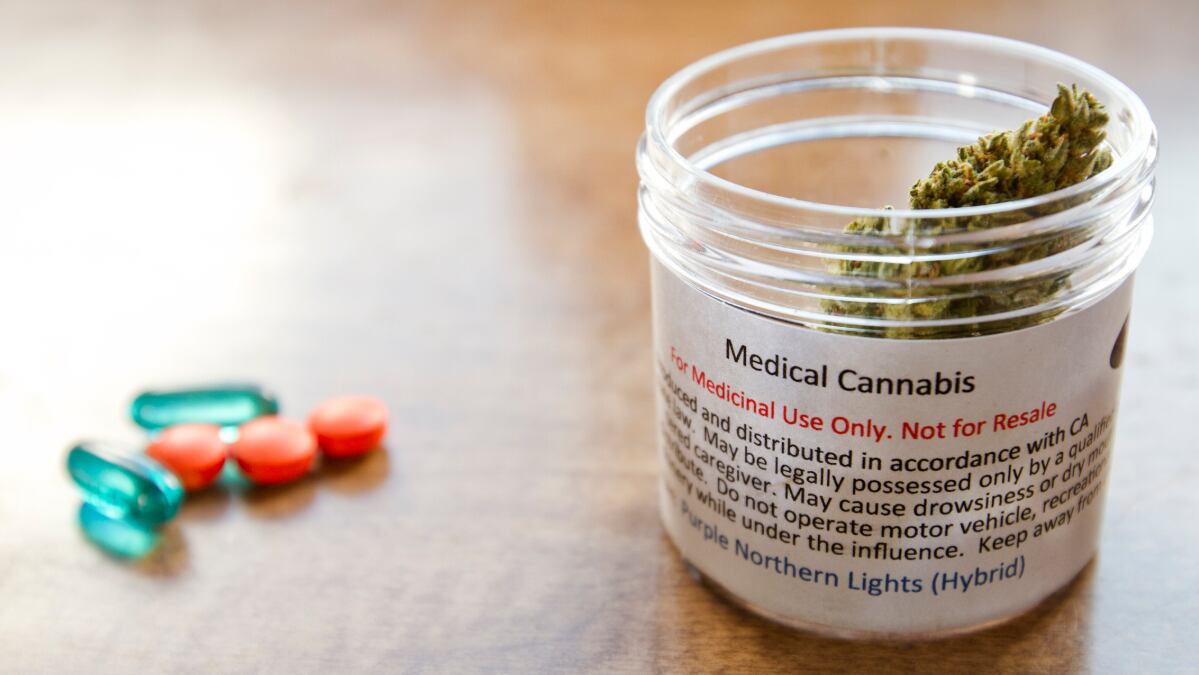In November last year, the Council of Scientific and Industrial Research's Indian Institute of Integrative Medicine (CSIR-IIIM, a government research body) announced it was developing three 'natural' cannabis-based drugs to treat patients suffering from cancer, epilepsy and sickle-cell anaemia.
The first clinical trials will be conducted on 25 terminally ill cancer patients at Mumbai's Tata Memorial Hospital after the authorities granted regulatory approval for human testing of the drugs, according to the hospital’s director, Rajendra Badwe.
CSIR-IIIM director Ram Vishwakarma also revealed that researchers had already started testing on small animals using a Himalayan marijuana plant variety low in tetrahydrocannabinol (THC) but high in cannabidiol (CBD).
Researchers have also reported positive results from a clinical study on the restorative effects of cannabis on cancer patients. The study, conducted by the Central Council for Research in Ayurvedic Sciences (part of India's AYUSH ministry of traditional medicine), was the first of its kind in India.
Director-general Vaidya KS Dhiman told Indian press that the pilot study had shown that drugs based on cannabis leaves could effectively relieve pain and other symptoms in cancer patients after chemotherapy and radiotherapy.
Legislation on cultivation
The CSIR-IIIM's research may lead to the drugs being available within the next year or so, but the regulatory restrictions surrounding medical marijuana in India still present a major obstacle to nutraceutical firms keen on tapping into a growing area of research and consumer interest.
Though cannabis has a long history in India — with ayurveda recommending small doses for a range of illnesses (including anaemia and meningitis) — strict laws around marijuana have restricted its use purely to medical research in the country.
At the same time, cultivation of the plant itself is technically illegal in India. In April 2017, however, the ministry of health and family welfare granted CSIR-IIIM a licence to grow it on a single acre of land in Jammu and Kashmir, for the sole purpose of medical research.
In July 2018, Indian PM Narendra Modi's party, BJP, issued a licence for the commercial cultivation of hemp in the northern state of Uttarakhand. This will be followed by a research licence for cultivation of marijuana in Uttar Pradesh, another northern state under the BJP’s jurisdiction.
Supplement stance
However, nutraceutical and supplement brands in the country that want to capitalise on thetrend that has been gaining traction in many parts of the world, including Japan, Hong Kong are unlikely to be able use the ingredient.
An FSSAI document lists natural cannabinoids such as cannabis, hashish and marijuana as banned. However, it excludes cannabidiol, though it does not directly mention the permitted use of cannabidiol.
Speaking to NutraIngredients-Asia, Sandeep Gupta, director of India's Expert Nutraceutical Advocacy Council (ENAC), said he saw little need for the regulatory changes in the supplement space: "I do not see the need for such a substance to be permitted for use in nutraceuticals, because these are direct-to-consumer products.
"If cannabidiol were permitted for use in nutraceuticals, it is likely there would be cases of misuse, and consumers could either be taken for a ride (by unethical manufacturers and brands), or get into the habit of taking such supplements for purposes besides those for which they are intended, such as pain management."
He added that he did not expect Indian authorities to allow CBD to be used in nutraceutical products "anytime in the near future".
Gupta further said, "As an industry spokesperson, I have seen the authorities deal with steroids, hormones, narcotics and other substances that have been found in health supplements, nutraceuticals and even FSMPs (food for special medical purposes), and I think the regulations are very clear on this.
"When you look at the big picture, what is even more important is public interest. Safety should be the prime concern of not just regulators but also food business operators.
"It is their responsibility not to try to initiate any regulatory change that could permit the use of any substance in their products that could be harmful to the consumer."




